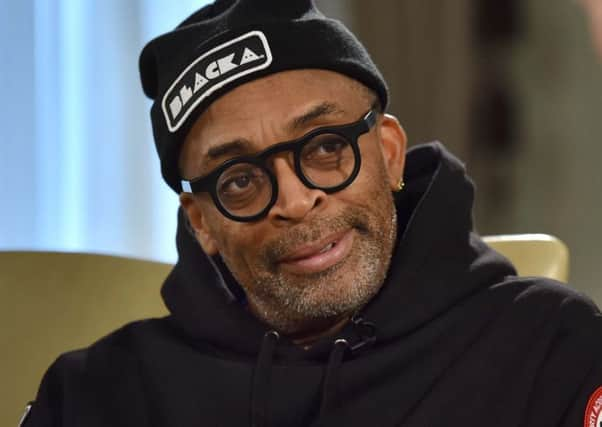Another snub for Spike Lee - Alistair Harkness on the Oscars


When the simplistic, horribly dated Driving Miss Daisy won best picture back in 1990, his own breakthrough film, the incendiary and still-relevant Do the Right Thing, wasn’t even nominated.
That snub wasn’t quite as blatant on Sunday night. Lee’s film – about a black detective infiltrating the Ku Klux Klan – picked up six nominations and won Lee a long-overdue filmmaking Oscar for best-adapted screenplay (he was previously a premature recipient of the lifetime achievement award).
Advertisement
Hide AdAdvertisement
Hide AdNevertheless, he can feel rightly aggrieved that his film – the finest of the best picture nominees – lost out on the top award to another feel-good comedy-drama intent on offering a shallow exploration of race relations through the prism of a lowly chauffeur’s relationship with his well-to-do client.
The based-on-true events Green Book, which was co-written and directed by Peter Farrelly (previously best known for broad comedies such as Dumb and Dumber), may have flipped the Driving Miss Daisy script by having a white character (played by Viggo Mortensen) be the driver this time, but by relegating Mahershala Ali’s Oscar-winning performance as black classical musician Dr Don Shirley to the supporting role, it was symbolic of the problem with the both the film and its best picture victory.
This is a period film about racism in which the white character once again gets to be the driving force of the narrative while a white filmmaker’s naive perspective on such a divisive subject is feted with the biggest award the film industry has to offer.
Its victory might be due in part to the Academy’s preferential voting system – which can sometimes favour mediocrity if there’s no clear winner among the votes cast – but even taking this into consideration, the optics just aren’t good.
Giving the award to Green Book rather than BlackKkKlansman, especially after recent best picture victories for 12 Years a Slave and Moonlight, can’t help but look regressive at time when so many of the awards handed out in the other categories feel like a step in the right direction.
Alistair Harkness is The Scotsman’s film critic